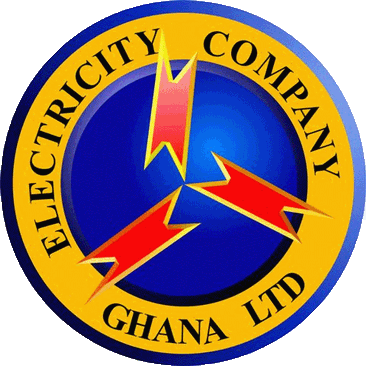Over the years, state owned or managed enterprises across Ghana have been sold to private companies for various reasons: the Electricity Company of Ghana – ECG is now the next on the nation’s privatization list.
The process began during the erstwhile President John Mahama led administration where, under the Private Sector Participation compact between the Electricity Company of Ghana and the Millennium Challenge Corporation (MCC) – more formally the Power Compact II agreement, the government could allow up to 80% private sector control of ECG.
The move was certainly not without reasons: the impending power deficits as evidenced in the regular power cuts or outage all across Ghana (which was even more severe at the time the plan was unveiled by the previous administration), the rising electricity tariffs – particularly with the prepaid system, the dire need to have at least $1 billion dollars injected into the company to facilitate much needed facilities upgrades, among others.
However, with all these background to the possible privatization of what is probably the country’s most important enterprise: one charged with the distribution of electricity generated by the Volta River Authority or any other public power generating source that may be added, to millions of homes across the Republic of Ghana, the President Nana Akufo – Addo led administration has a different view to the initiative.
Contrary to the initially proposed maximum of 80% private control, the President had earlier in May stated categorically that the government of Ghana will retain no less than 51% control of the enterprise.
His reasons for this amendment to the earlier plan clearly reflects some of the impact privatizing ECG may have on the Ghanaian economy.
Jobs
With employees in excess of 2,000 across the nation and thousands of private vendors who facilitate the prepaid system, the company is generally perceived to be inefficient and there are chances that, if a private sector player has the ‘controlling share’ in the enterprise, there will be significant efforts made to downsize the company’s workforce as well as make the vendor scheme more streamlined. The result, possible loss of at least 500 -1000 direct jobs and perhaps five times the figure in indirect ones.
Higher Cost of Electricity Tariffs
Another concern raised over the proposed privatization is the possibility of an even higher tariff on electricity consumption as well as a corresponding higher cost for business operations across the country.
Although there have been considerable criticism of the prepaid system, some analyst of the initiative argue that once a private sector player has control of the company (even for a 20 year period as proposed by the PC II agreement), it will charge the people whatever it wishes per consumption because every business man is interested in ‘profit’ and not necessarily accessibility of this essential public utility.
Whatever be the differences in opinions and although its parallels have failed in neighboring countries like Nigeria, the move is a laudable one provided it (as proposed), addresses the persisting power or energy crisis in the Ghana.





